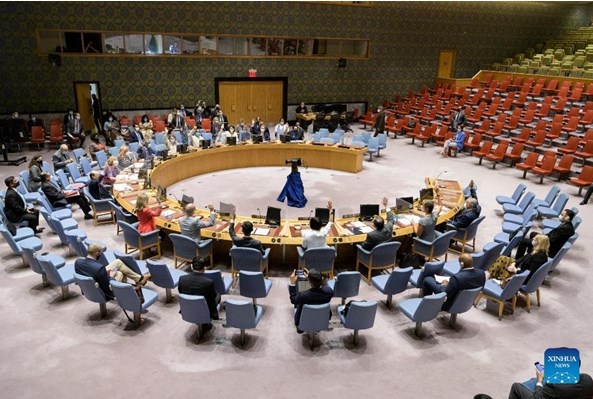
Wednesday October 20, 2021

Somalia and the United Nations on Tuesday called for local action to improve the systems that produce and distribute the food in the country.
The Food and Agriculture Organization of the United Nations (FAO) in partnership with the World Food Programme (WFP) and the Ministry of Agriculture and Irrigation said Somalia has, in the past few years, faced a range of recurrent and devastating shocks ranging from the ongoing desert locust invasion to severe floods and droughts, affecting the country's production system and individual livelihoods
Said Hussein Iid, minister of Agriculture and Irrigation, said the government is committed at the highest levels to creating an enabling environment for equitable and sustainable food systems in Somalia.
"We believe this is the key to the country's human, economic and social development," Iid said in a joint statement issued in Mogadishu, the capital of Somalia, after a virtual event to mark this year's World Food Day.
The event explored how food systems champions are transforming the agrifood systems in Somalia to support this year's theme "Our actions are our future - Better production, better nutrition, a better environment and a better life," with participants from across government, UN agencies, civil society, academia and the private sector, in attendance.
FAO Somalia Country Representative Etienne Peterschmitt said the effects of climate change are being felt the world over amid an ever-growing population.
"We need to nurture the planet so that we can continue to meet the food production needs of the population in years to come. This requires us to build long-term resilience and change the way we produce and consume food," Peterschmitt said.
WFP said its food systems interventions in Somalia interlock with its broader work to enable vulnerable communities to be more resilient in the face of natural shocks.
Luca Pagliara, EU resilience program coordinator, said agrifood sectors sustain the livelihoods of the majority of the people in Somalia, which are increasingly under stress due to climate change, environmental degradation, conflict and displacement.